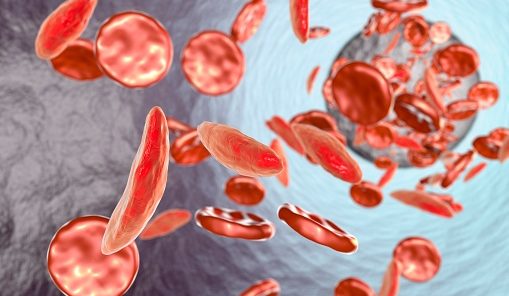The early-life period is critical for the establishment of the microbiome and immune system. Exposures during the prenatal, perinatal, and postnatal stages play an important role in shaping health or disease outcomes, including the risk of inflammatory bowel disease (IBD). The composition and functions of the gut microbiome during these early stages are thought to influence long-term immune development and susceptibility to IBD. This review summarizes the relationship between early-life factors, microbiome disruptions, and IBD risk, highlighting how these early influences may contribute to disease development later in life.
The article also outlines key host and external factors in early life that impact microbiome maturation, offering insight into how these factors could influence IBD risk. In light of emerging concepts in IBD prevention, the authors propose strategies to reduce exposure to harmful factors during pregnancy and the postpartum period. These strategies aim to protect both mothers and offspring, emphasizing the importance of early-life interventions. By understanding the interplay between early-life microbiome changes and IBD risk, this approach paves the way for preventive measures that could reduce IBD incidence in future generations.
Reference: Zhang L, Agrawal M, Ng SC, et al. Early-life exposures and the microbiome: implications for IBD prevention. Gut. 2024 Feb 23;73(3):541-549. doi: 10.1136/gutjnl-2023-330002. PMID: 38123972; PMCID: PMC11150004.








